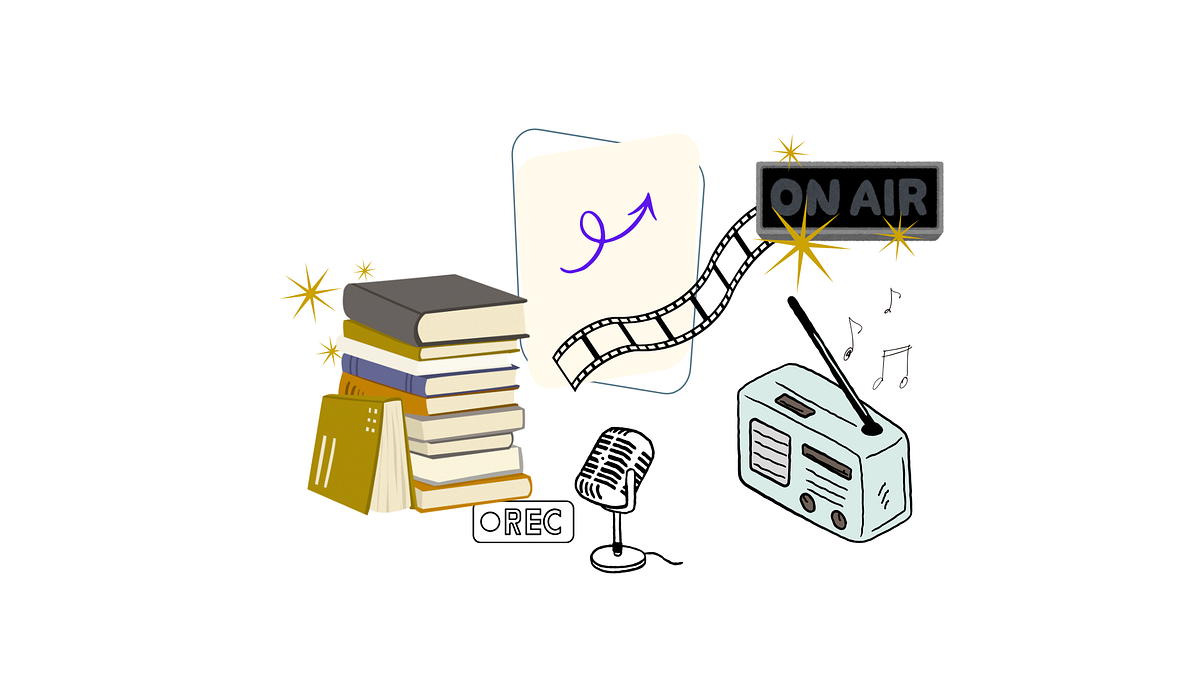Digital Grief. Yesterday, I experienced a sudden… | by Luthfiyyah Damayani | Aug, 2025

Yesterday, I experienced a sudden feeling of guilt and grief that I couldn’t explain. It’s a phenomenon of our digital era that rarely gets talked about. Losing things digitally now feels like losing something real and tangible. It shows how inseparable we’ve become from our digital world.
Actually, this feeling wasn’t new. I’ve been in a similar situation two or three years ago. It was another episode of digital grief, when my digital memories (photos, videos, documents, memos) vanished from the cloud. My organization suddenly stopped its subscription to a platform that gave us unlimited storage. Without warning, my storage was downgraded to the free-tier limit, the system automatically deleted them all, and because I hadn’t backed up my files elsewhere.
I felt the loss of all the memories and emotions that might have been triggered when I opened those files. The sadness wasn’t overwhelming, and the guilt wasn’t paralyzing, fortunately, because the data wasn’t directly related to my work that is urgent or so important. Many of those files were things I had kept just in case — in case I ever wanted to revisit old photos, pieces of work, or personal videos. They were stored for future nostalgia, for feelings I hoped to someday reopen.
This wasn’t the first time I felt this kind of grief. I’ve also experienced it in the past when I lost my phone — twice. The first time, my phone broke, and I couldn’t restore all the files, especially the ones saved in internal memory. What I did manage to save were files I had backed up to Google Drive, on memory cards, or uploaded online. That experience taught me to always back up my data and activate automatic cloud backups.
Then came the second loss. Again, I felt the same wave of guilt and grief. Thankfully, this time the automatic backup worked well, and not many files were lost. But I did lose something irreplaceable — my Instagram account. I remembered my username and password, but I couldn’t remember my two-factor authentication code. Oh my god. Yes, it’s still gone, and I haven’t been able to restore it. Since then, I’ve deactivated from Instagram account and never created a new one.
Losing my Instagram made me realize how poorly I managed my digital hygiene. I wasn’t diligent with password-change routines or securing all my credentials in one safe place. It’s hard. Should I use the same password and PIN for everything? That could be a disaster waiting to happen.
Despite my years of wisdom about backing up data to the cloud, that system started to fail me, too. Here’s what happened: my organization had subscribed to a platform that gave us unlimited cloud storage. I back up all my files there. When my phone’s memory got full, my practical self told me, “Just delete it — you’ve backed it up.” So I did. For years, I relied entirely on that system. I didn’t upgrade my memory card or buy more physical storage. Why bother when the cloud felt safer, easier, and more accessible?
And yes, cloud systems are great. I could access my files from my laptop, tablet, or phone. I could edit or share them via a link. The storage felt seamless since I couldn’t even tell what was saved on my device and what was in the cloud.
But that seamlessness became a trap. When my organization ended its subscription, I not only felt a sudden loss, I felt confused. I couldn’t remember what I had stored where: what was on my device, what was in the cloud, or what had been backed up elsewhere. What did I lose? So much. I had uploaded too many files to the cloud and deleted the originals to save space. When the cloud cut my storage, everything just… disappeared.
Reflecting on this, I no longer know how to prevent future digital grief. My digital world now feels full of uncertainty. The grief is like that Coldplay lyric: “when you lose something you can’t replace.” And worst of all, it’s something you have no control over.
Do I need better digital hygiene? Should I be more disciplined about organizing files and backing them up in two places — or even more?
Yes, our digital life carries memories. Even though it’s intangible, it’s meaningful. Like the first message from our loved ones. We want to keep it. Losing that hurts. Or think about our digital persona on social media, if we lose an account, we can’t recreate the exact same version of ourselves. We evolve online, and those activities become memories, tied to our identity.
As humans, we’ve evolved to grieve not just material things like money or valuable goods, but also digital ones. And while tangible losses are considered valid (it has widely accepted values), and something you might report to the police, digital losses are often silent. The grief is private, quiet, often soaked in guilt, because we alone assigned meaning to those files.
Cloud storage feels like a breakthrough, yes! But it also turns us into eternal subscribers, locked in unless we’re ready to lose all the meaning we stored there. Unless, of course, we buy physical backups like hard drives. But even then, a lost hard disk means another round of grief.
I don’t know. I just wanted to share my story of digital grief, how our life’s meaning feels increasingly connected to the digital world. And how, maybe, the most painful part isn’t the technology itself, but the reality of digital capitalism — where the memories we create can vanish the moment we can no longer pay to keep them.


